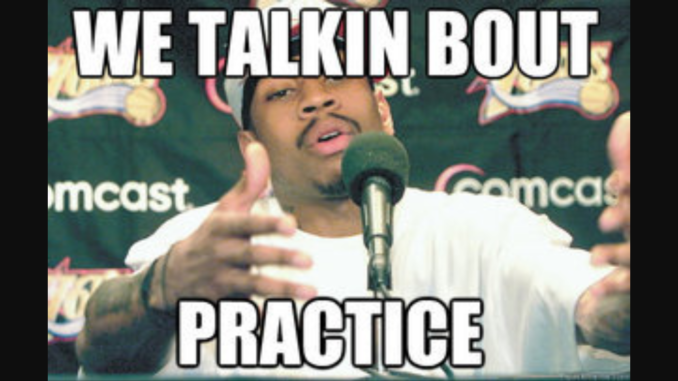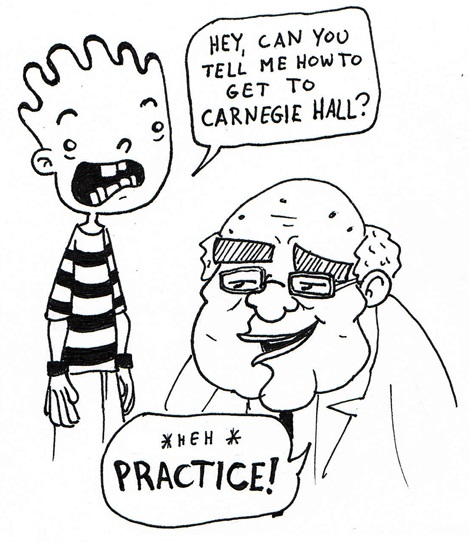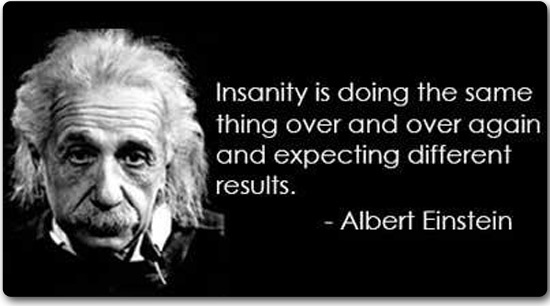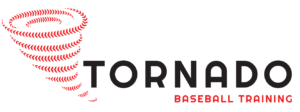
Most people know you need to practice to be successful, but just practicing isn’t enough. The quality and type of practice is very important. Whenever I am at the field or the batting cage, I see players mindlessly hitting balls, whether it is off of the tee or a coach soft tossing to them, they typically don’t have a plan. Sometimes I go up to these players and ask them what they are working on. Usually I get answers along the lines of “working on my swing” or “working on my hitting.” These answers are too broad and vague. They are not the best way to train as a baseball player.

When you are first starting to play, any type of practice will help you get better. However after a while if you keep doing the same routine over and over again, you will stop progressing and your routine will be reinforcing your current habits, rather than improving. The same principle applies to most sports or activities as well, including writing, chess or weight lifting. For example, when you first start lifting weights, any type of lifting program will get you stronger, but eventually you will start to plateau. At that point you must start training smart, to break through those plateaus.
So a player who’s practice routine consists of 30 swings off of a tee and 50 swings off of soft toss, is going to plateau eventually. After many repetitions your brain can perform this task of hitting balls automatically. The more you repeat a task the more mindless it becomes. There is good and bad about that. If you have a swing like Mike Trout, then yes, you want to perform many reps, so that hitting becomes mindless to you. You want hitting to be mindless…but only if you are doing it correctly and at a high level.
But until you reach that level, you must be extremely focused in practice. You must be conscious, while practicing purposefully and systematically. This type of practice is called Deliberate Practice. Deliberate Practice works because it breaks the overall process down into parts, identifies weaknesses in the specific parts, practices specific methods to correct weaknesses, integrate the improvements back into the overall process. Deliberate Practice is the opposite of mindless practice.
Using the earlier example, mindless practice is taking 30 swings off of a tee stopping every 3 swings to talk to the softball girls in the next cage and 50 swings off of front toss while listening to music. Then, coming back the next day to do the same thing.

Lets make up a hypothetical example of a hitter who is uses Deliberate Practice. They will go over their current performance and see where there is room to improve. They might notice that they are having trouble with curveballs in games. They will think “what can I do to improve hitting curveballs?” The first thing they might do, is have their coach throw 50 curveballs to them or hit 50 curveballs off of a machine. This will give them additional practice on this specific part of hitting. This might help them a little but they want to improve even more. Using a Blast Motion bat sensor, during those swings they can see that their attack angle numbers are too low. They are swinging with an average 2 degree attack angle. This makes their bat path too flat to make solid contact with the steeper incoming pitch plane of a curveball. They will then look at high speed video of the 50 swings and look for mechanical reasons that might cause them to have a low attack angle. In the video, they notice that their hands get ahead of the rotation of the body. They need to correct this, so they take 10 swings with a beach ball squeezed in between their back shoulder and bicep. This keeps the arms connected to the shoulder rotation. They will do 10 swings like this and go back and check the bat sensor numbers and video. If it has improved they will take another 10 swings and check again. They will repeat this until the improvement is ingrained in their motor patterns and they movement is mindless. If it has not improved they might try a different method to try and get that improvement. They will keep testing a retesting methods until they find one that works. Once they have improved this one section of their performance(curveballs). They will look towards improving another section of performance, for example hitting more home runs.
In this example, there is no wasted time. The player has a plan and everything done has a purpose. There is goal oriented focus. The playing is using objective feedback like the video and the bat sensor. The player is constantly monitoring progress and if progress stalls, training methods must change to continue progress. Practicing like this day in and day out, will lead to many small improvements that add up to large improvements of the months and years.

This type of training is beneficial for many reasons besides the obvious. It is time saving. The quality of practice matters more than the quantity. I’d rather a player have 30 minutes of quality deliberate practice than 2 hours of mindless practice. But ideally you want them to do as much practice as they can focus for. That leads into another reason deliberate practice is superior. It is easier to maintain focus. When you have a clear goal everyday, and when you are constantly problem solving to achieve that goal, it is easier to maintain your focus. A lot of players talk about how getting better is a monotonous grind, and it can be at some times. But practicing in a smart way will make it feel more like a challenge, rather than a grind.
Summary
Deliberate practice is a necessary way to practice. It forces you to address your weaknesses, in a goal oriented way. You will not just be hoping to mindlessly get better, you will be systematically addressing your weaknesses, thus guaranteeing improvement.
